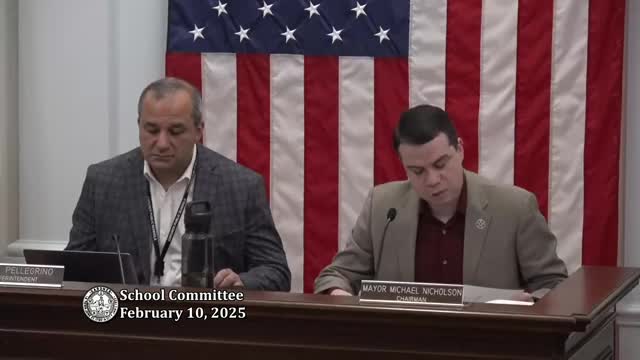Article not found
This article is no longer available. But don't worry—we've gathered other articles that discuss the same topic.

Votes at a glance: Gardner School Committee approves consent agenda, several policies, school choice and calendars

Gardner Middle and Elementary describe school improvement plans focused on Tier 1 instruction, SEL and family engagement

